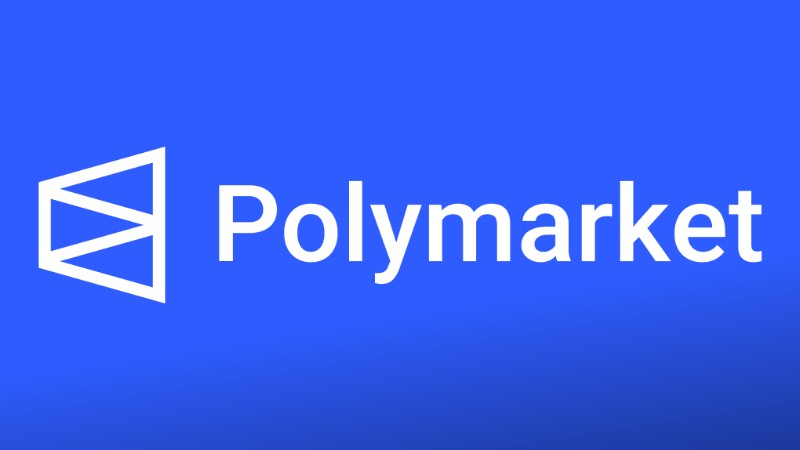
The Lithuanian Parliament has passed legislation prohibiting gambling adverts, with few exceptions for sports tournaments and sponsorships.
The ban will take effect in July of next year, followed by a transitional phase in which a maximum of three sports betting adverts can air on television and digital platforms during certain time windows.
Gambling advertisement ban and transition in Lithuania
Lithuania has introduced a ban on gambling advertisements, with exceptions made for sports events, partnerships, and broadcasts until January 1, 2028. During the transitional phase, online platforms are allowed to display up to three sports betting ads per hour between 6 a.m. and 6 p.m., with a reduction in ad space from 6 p.m. to midnight.
The Lithuanian government has put aside £3 million to support media enterprises during this transitional phase in order to help them deal with the potential revenue loss.
Industry reactions and future implications
Online advertising is anticipated to be significantly impacted by the ban, especially for sports betting companies. As a result, organisations like Genome have implemented SEPA Instant Transfers to assist enterprises in better managing their financial activities and ensuring smoother cash flow during this transition period, helping mitigate the financial strain.
In the meantime, Confindo and iDenfy have partnered to help financial institutions stop financial crimes. Experts in the field are worried that unregulated internet gambling sites may try to get around the prohibition by utilising different marketing avenues, which could complicate enforcement efforts and make monitoring more difficult.
It is believed that the restriction is an important step in controlling Lithuania’s expanding online gaming business, despite these obstacles. Its efficacy in reducing problem gambling and safeguarding vulnerable groups is still unknown, though. Furthermore, the long-term impact on the industry and affected stakeholders remains uncertain as businesses adapt to the new environment.

